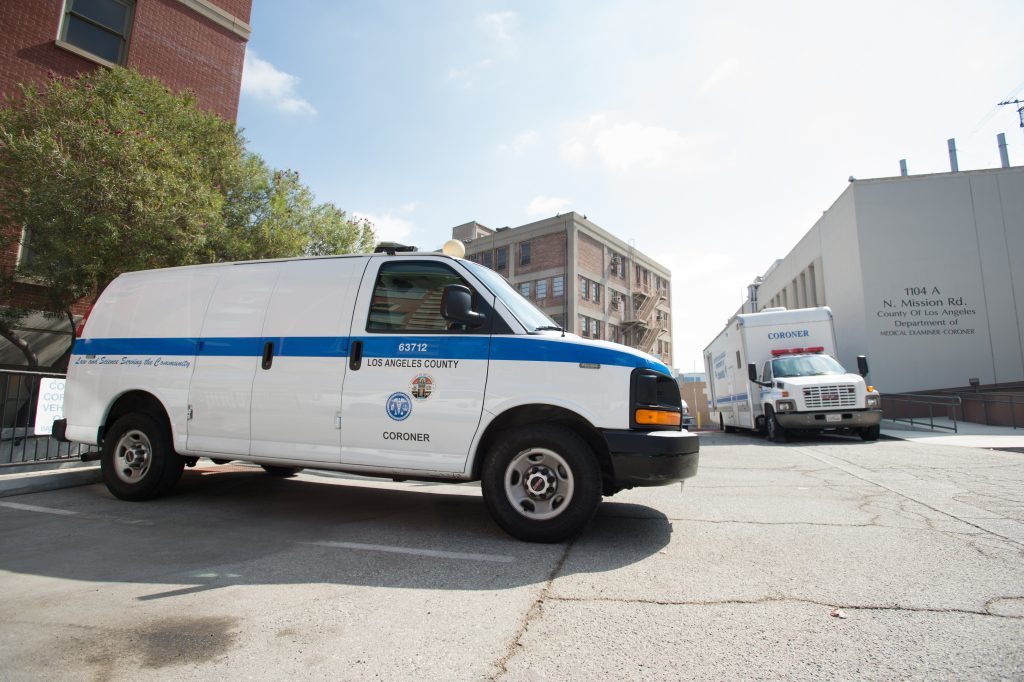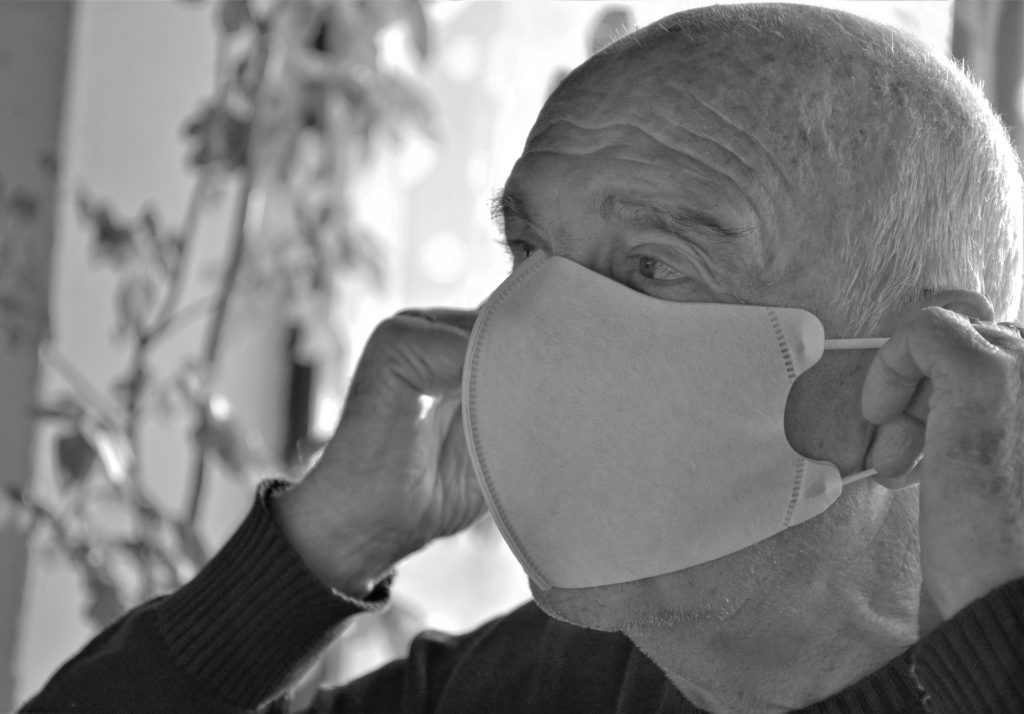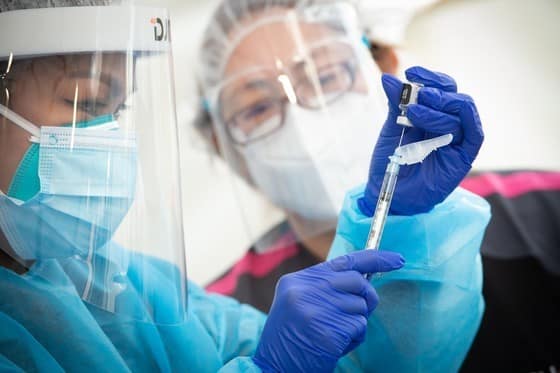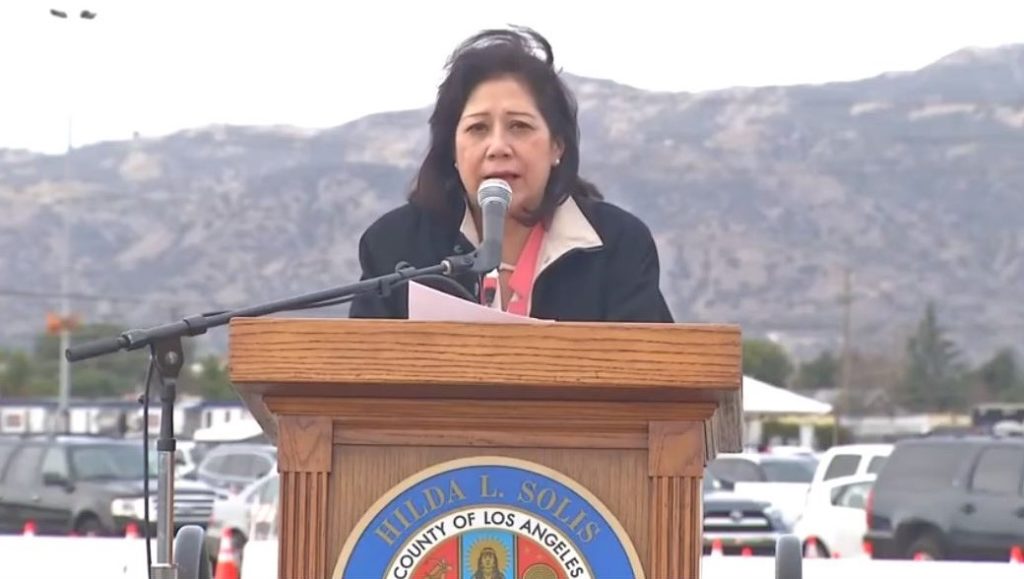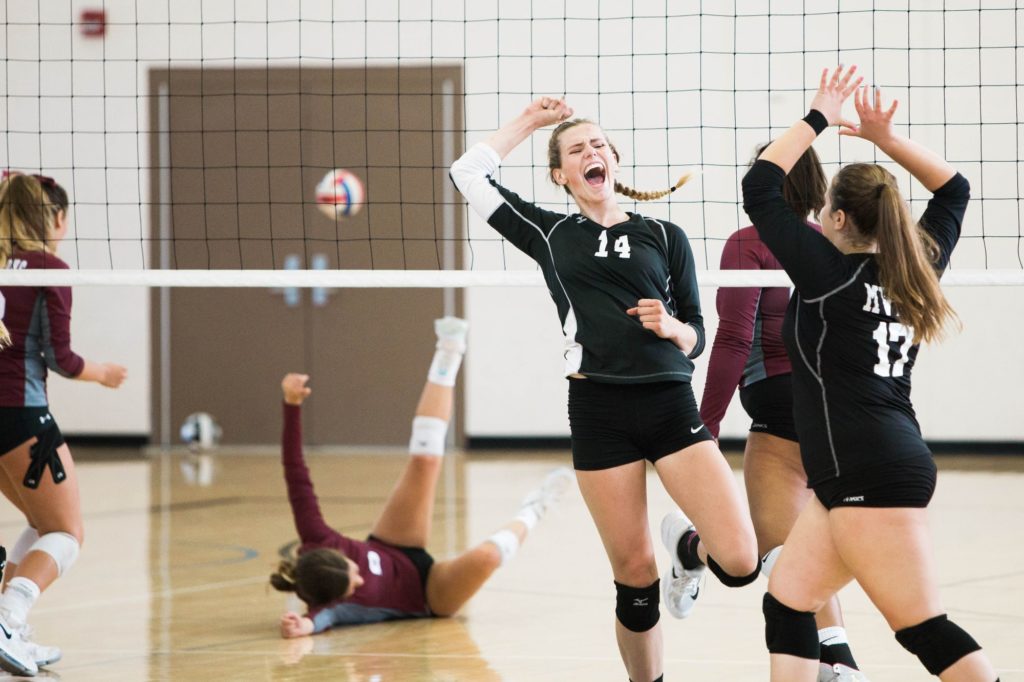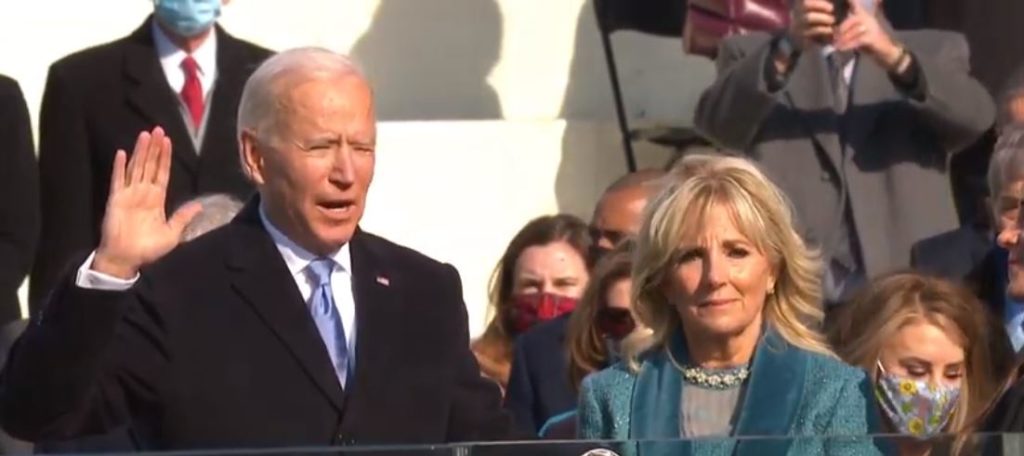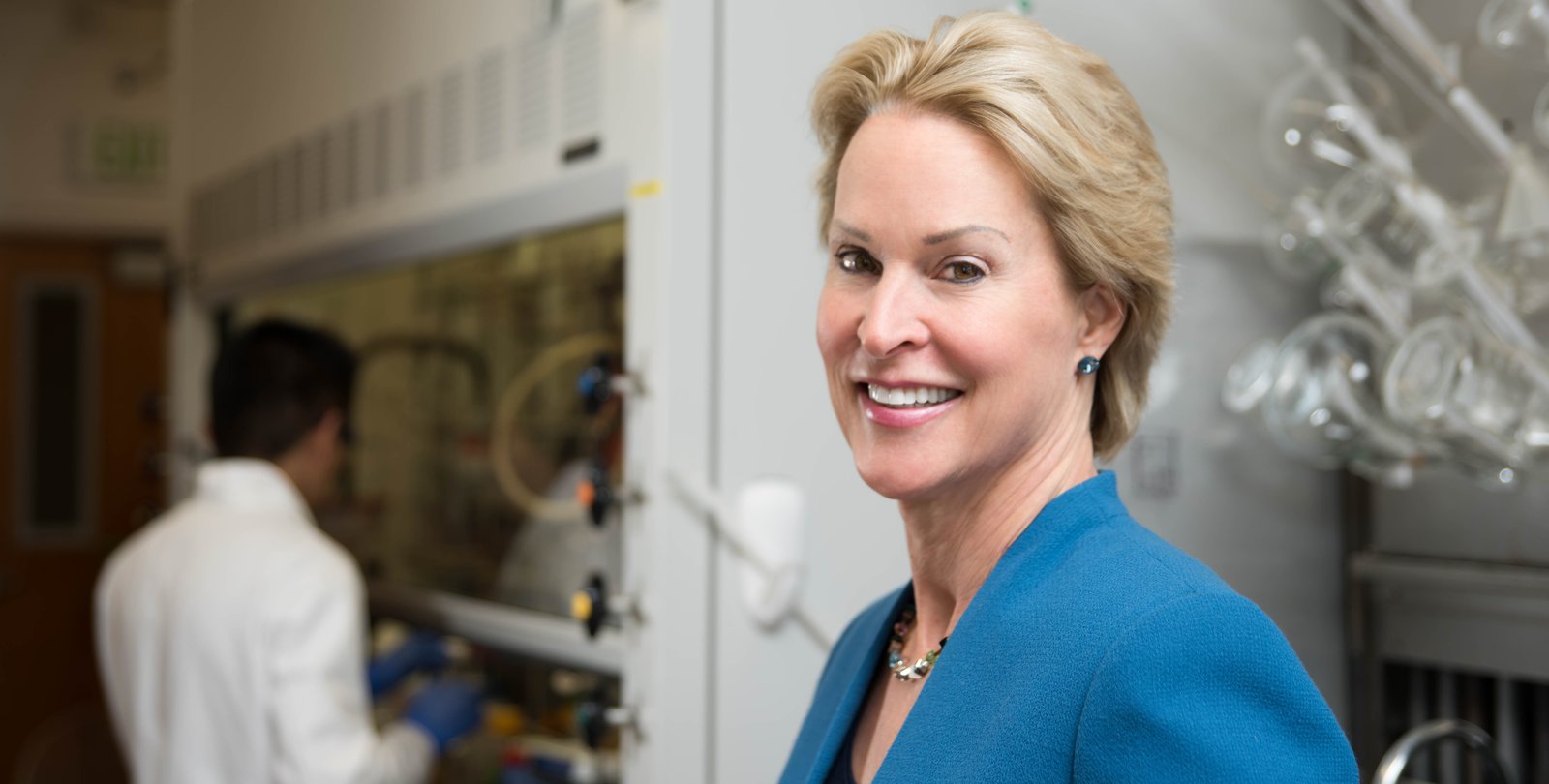
President-elect Joseph Biden has appointed Frances Arnold, a Caltech professor of chemical engineering, bioengineering and biochemistry, to the President’s Council of Advisors on Science and Technology (PCAST) — which advises the president on science, technology, education, and innovation policy. The council also provides the president with scientific and technical information that informs public policy.
“From the coronavirus pandemic to our climate crisis, this past year has reaffirmed the importance of listening to scientists when it comes to meeting the unprecedented challenges facing the American people,” Vice President-elect Kamala Harris said in a statement. “These world-renowned scientists and experts reflect the very best of our nation and we are sending a clear message by naming them to these important roles: in our administration, decisions will be informed by the best available science and evidence.”
Arnold, expert in protein engineering and the first American woman to win the Nobel Prize in chemistry, will serve as an external co-chair of PCAST along with Dr. Maria Zuber, an expert in geophysics and planetary science, the first woman to lead a NASA spacecraft mission and former chair of the National Science Board. They are the first women to serve as co-chairs of PCAST.
“I want to work to preserve our fragile planet, build our economy and workforce for the future, and pass a better world to all Americans,” says Arnold. “I feel I can do this by supporting science and science-based decision-making in the Biden administration. I have great hope that we can put science back to work for the benefit of all.”
In the early 1990s, Arnold pioneered “directed evolution” for engineering new enzyme catalysts. Directed evolution works in the same way that breeders mate cats or dogs to bring out desired traits. To perform the method, scientists begin by inducing mutations to the DNA, or gene, that encodes a particular enzyme (a molecule that catalyzes, or facilitates, chemical reactions). An array of thousands of mutated enzymes is produced and then tested for a desired trait. The top-performing enzymes are selected, and the process is repeated to further enhance the enzymes’ performances. For instance, in 2009, Arnold and her team engineered enzymes that break down cellulose, the main component of plant cell walls, creating better catalysts for turning agricultural wastes into fuels and chemicals.
“Today, her method of enzyme optimization is used in hundreds of laboratories and companies that make everything from laundry detergents to biofuels to medicines,” according to a statement from Caltech. “Arnold and her colleagues have used directed evolution to engineer enzymes in bacteria to make chemicals not found in nature, including molecules containing silicon-carbon or boron-carbon bonds, or bicyclobutanes, which contain energy-packed carbon rings. By using bacteria, researchers can potentially make these chemical compounds in ‘greener’ ways that are more economical and produce less toxic waste.”

